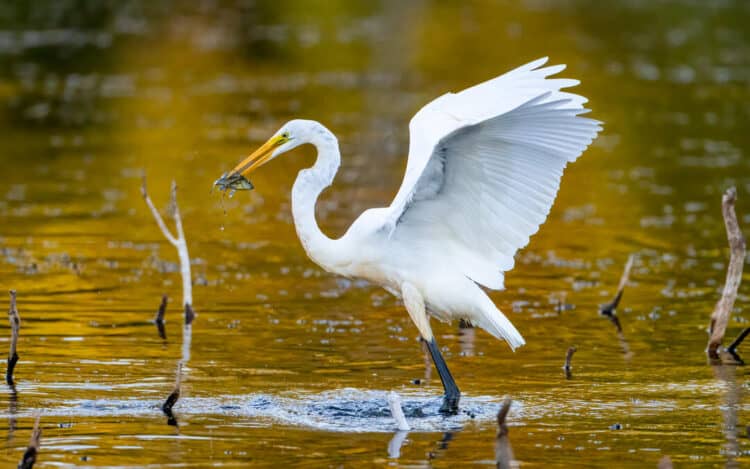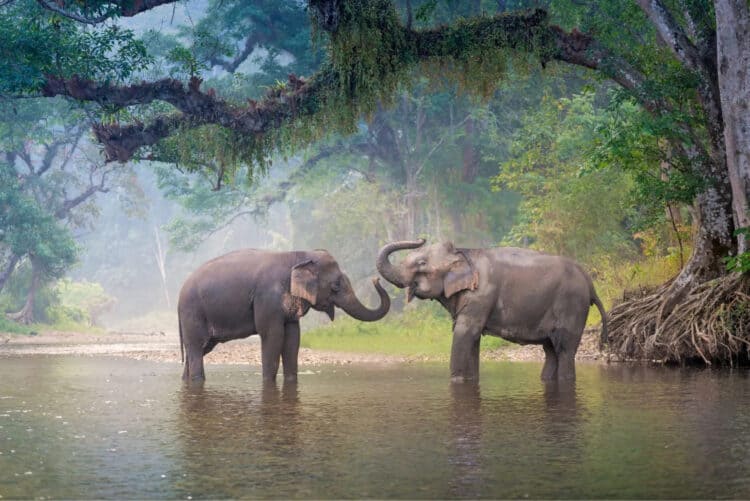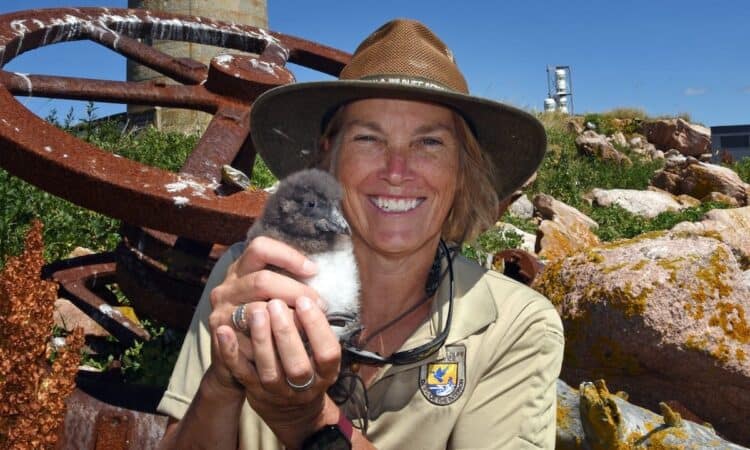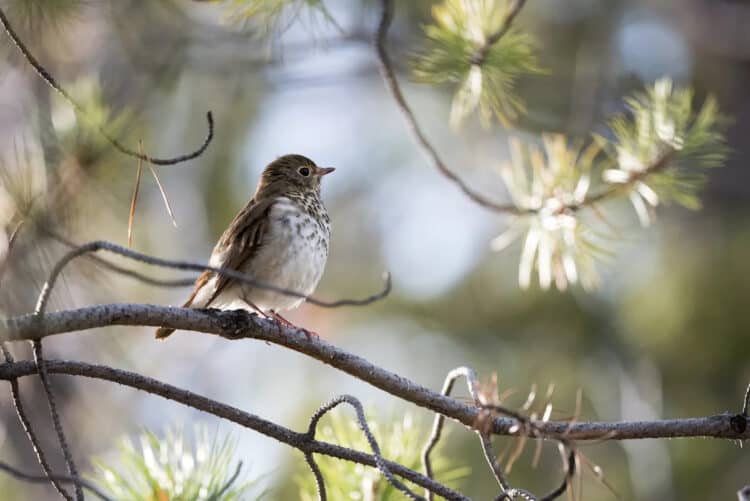Populations of a rabbit-like animal known as the American pika are vanishing in many mountainous areas of the west as climate change alters its habitat, according to findings released by the US Geological Survey.
The range for the mountain-dwelling herbivore is shrinking in southern Utah, north-eastern California and in the Great Basin that covers most of Nevada and parts of Utah, Oregon, Idaho and California, the federal agency concluded after studying the mammal from 2012-2015.
This study’s conclusion marks a more authoritative statement about the role of global warming on the animal compared to research released in 2003 that found climate change was at least partly contributing to the animal’s decline.

“The longer we go along, the evidence continues to suggest that climate is the single strongest factor,” said Erik Beever, a research ecologist with the USGS and lead author.
The pika’s habitat on mountain slopes, known as talus, are becoming hotter and drier in the summer and harsher in the winter with less snowpack to serve as an insulator, Beever said.
The study bolsters the long-running efforts of wildlife advocacy groups to have the animal added to the endangered species list amid concerns about global warming.
The US Fish and Wildlife Service rejected a request in 2010, saying not all populations were declining. A new request was made this April by a high school student in New York state.
A preliminary decision on that request is due out in early September, but the agency’s staff eill not take into account the new study because they are bound to only take into account information submitted with the petition, said fish and wildlife service spokeswoman Serena Baker.
Noah Greenwald, endangered species director at the Center for Biological Diversity in Arizona, said the new research confirms that climate change is putting the animal at real risk. He said it should help with future petitions to have the animal declared endangered – something he says is necessary to ensure future generations are treated to seeing the critters during mountain hikes.
“It’s gotta be one of the cutest animals in North America. It’s like a cross between a bunny rabbit and prairie dog,” Greenwald said. “Part of what makes our world interesting is the diversity of animals and plants that you can see when you go to different species.”
President Barack Obama mentioned the plight of the pika when he spoke at Yosemite National Park in June this year about the damage climate change is inflicting on the nation’s national parks. He said the pika was being forced further upslope at Yosemite to escape the heat.
The study did not quantify how many total American pika still exist, but honed in on several areas where the small animal has historically roamed eating grass, weeds and wildflowers.
The animal is thriving in a few places, such as the Columbia River Gorge in Oregon and Grand Teton National Park in Wyoming, but overall is suffering, Beever said.
Pikas had disappeared from Zion National Park in Utah despite being seen as recently as 2011. In nearby Cedar Breaks National Monument, they were no longer in three-quarters of their historical habitat, Beever said.
Pikas were only found in 11 of 29 sites where they once lived in north-eastern California.
In the Great Basin, which stretches from Utah’s Wasatch mountains in the east to the Sierra Nevada and Cascade mountains in the west, the population is down about 44% compared to historical records.
“It’s not that they’ve just moved, they are gone all together,” Beever said.
This article was first published by The Guardian on 26 Aug 2016.






Leave a Reply